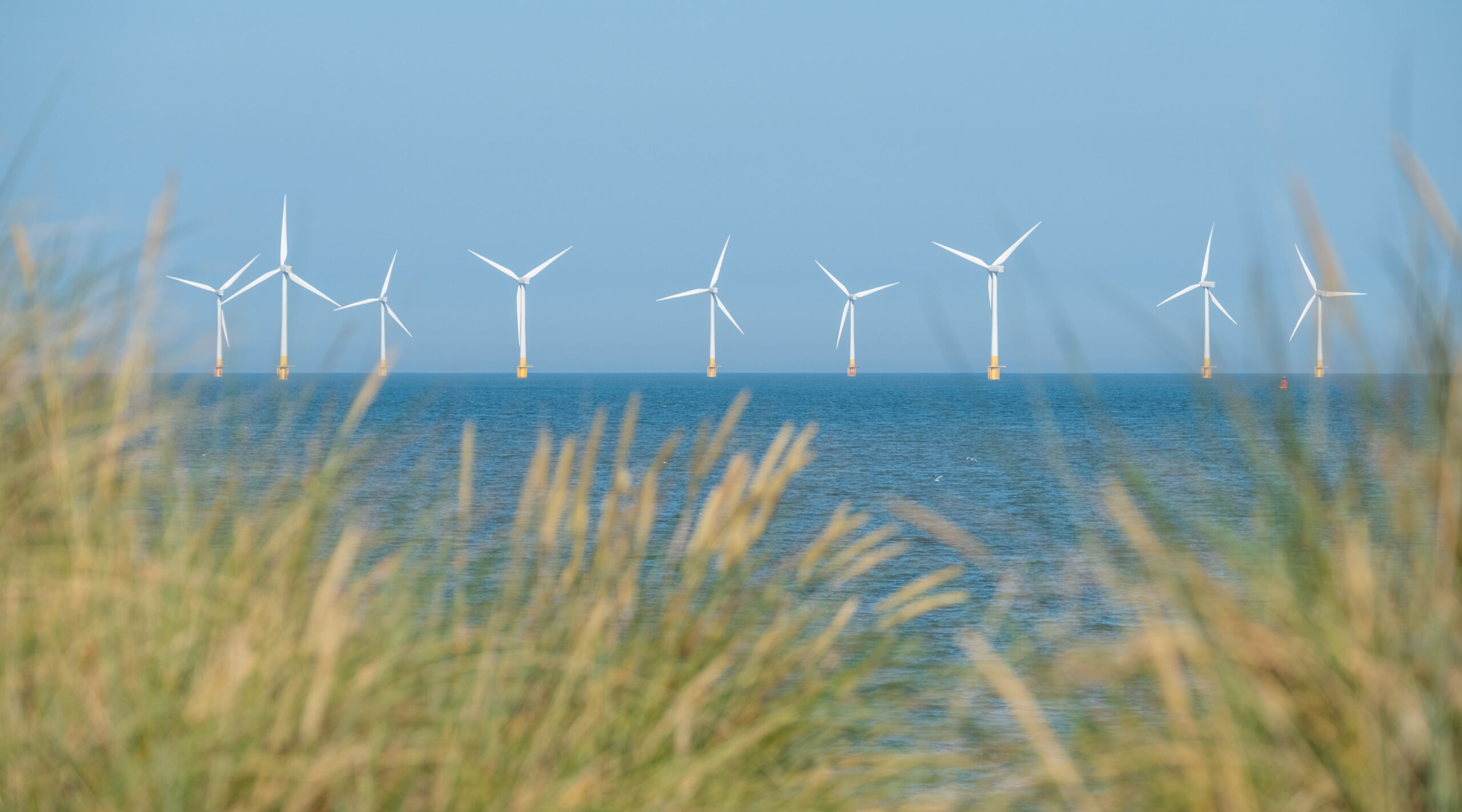One of the major challenges facing the offshore renewable energy industry is how to deliver the speed and extent of the dramatic increase in offshore wind deployment needed to meet the UK’s Net Zero targets.
A new report by the Offshore Renewable Energy (ORE) Catapult lays out a new approach to environmental monitoring and consenting within the UK offshore wind sector to help address this challenge.
ORE set out in their report that there is a need to take advantage of innovative technologies to better understand the functioning of the UK marine ecosystems within which large-scale offshore wind deployment is situated. The report introduces an alternative monitoring approach for the offshore wind industry. ORE believe there needs to be a collaborative effort to enable a transformation in data gathering driven by a regional ecosystem-based monitoring programme (REMP) supported by new technologies that can be confidently incorporated into impact assessments and future monitoring plans. By implementing a regional monitoring programme, a more coherent and cohesive approach across multiple sites can deliver targeted monitoring that enables the cumulative effects to be more accurately assessed.
A proposed framework for how a REMP might operate has been suggested in the report, the role of innovative technology in enabling a monitoring programme at a regional scale and the importance of standardising and streamlining data management and environmental impact assessment (EIA) reporting. All have the potential to streamline the data gathering, analysis and decision making process to accelerate consenting.
The report sets out a number of key recommendations, including:
- Shifting from project-level to regional scale assessments
- Appointing an independent body to oversee and facilitate this process
- Removing the ‘scoping phase’ from the pre-application stage of the environmental consenting process
- Adopting an ecosystem-based approach to monitoring
- Embracing innovative monitoring technology, such as robotics and artificial intelligence to enable multiscale, concurrent, analysis
A regional ecosystem-based monitoring program is a game changer
Dr Caroline Whalley, Environmental Specialist for ORE Catapult, and author of the report, said: “With such ambitious targets for offshore wind deployment, it is time to evolve how we monitor and assess the environmental effects of potential offshore wind projects. We need to embrace next generation survey methodologies and thinking. By transitioning to a regional scale ecosystem-based approach to monitoring, we can take a more holistic view of ensuring the UK is making quicker and more informed decisions about future sustainable offshore wind deployment.”
Professor Beth Scott, a world leading expert on marine ecology from the University of Aberdeen, said: “Moving to a regional ecosystem-based monitoring program (REMP) is a game changer for industry, government, academics and stakeholders. Climate change is barrelling down on us, driving a need for the extremely rapid acceleration of offshore renewable energy.
“The regional approach outlined by ORE Catapult provides a clear roadmap, that includes reflective, adaptive changes that will allow the better understanding of effective regional planning decisions and hence consenting decisions can be made closer to the rate of change necessary.”
The report, ‘Accelerating Offshore Wind: Developing a regional ecosystem monitoring programme for the UK offshore wind industry’, is available online.
